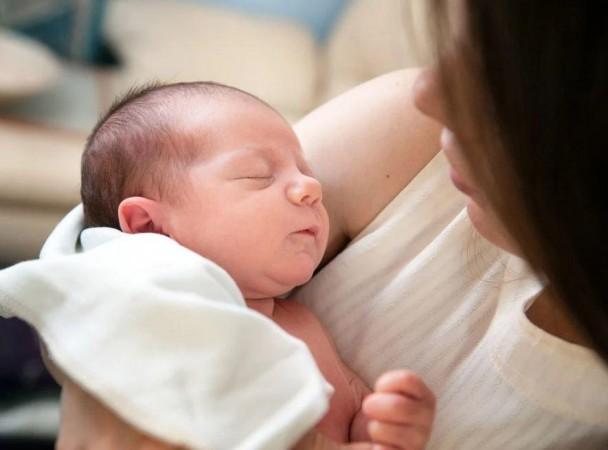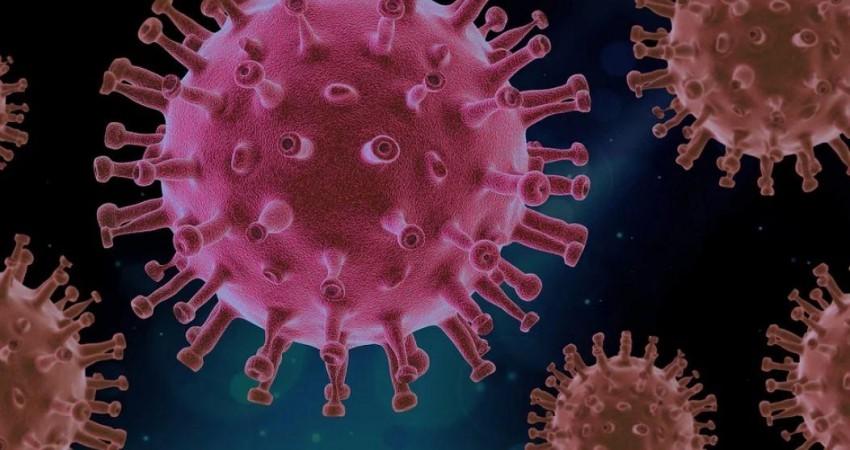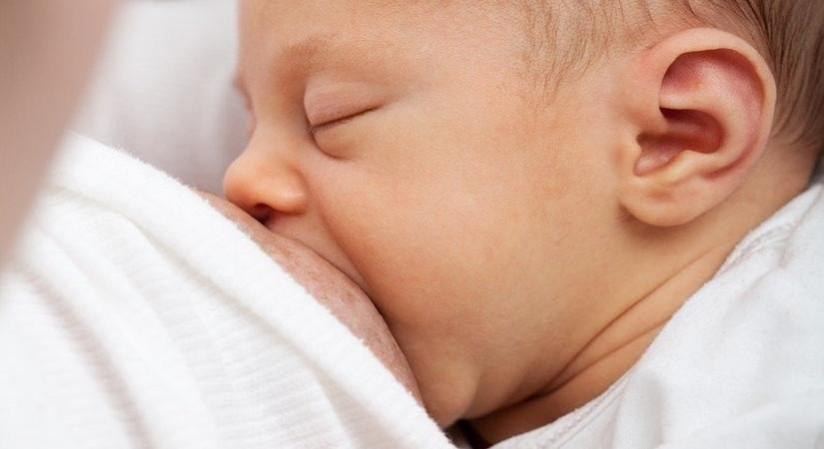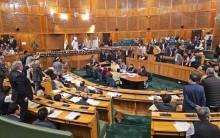Since the onset of the COVID-19 pandemic, studies have attempted to ascertain the risk and outcomes of the disease in pregnant and new mothers. Particularly, the effects of infection and vaccination of mothers on the health of fetuses or infants have emerged as crucial areas of investigation. Now, scientists have reported that mothers who have acquired immunity either through infection or vaccination produce breast milk with active antibodies against the SARS-CoV-2 coronavirus.
Through a new multi-institutional study, researchers have found that breast milk of mothers with two kinds of immunities against COVID-19—disease-acquired (infected and recovered) and vaccination-acquired—had antibodies that could neutralize live SARS-CoV-2 virus. Both IgA (Immunoglobulin A) and IgG (Immunoglobulin G) antibodies against the coronavirus were observed in their breast milk. The findings were published in the journal JAMA Pediatrics.
"It's one thing to measure antibody concentrations, but it's another to say that antibodies are functional and can neutralize the SARS-CoV-2 virus. One of the exciting findings in this work is that breast milk from both mothers with COVID-19 infection, and from mothers receiving mRNA vaccination contained these active antibodies that were able to neutralize the virus," said Dr. Bridget Young, co-author of the study, in a statement.
Examining Antibodies In Breast Milk

Researchers involved in the current study gleaned through previous studies that antibodies against COVID-19 existed in the breast milk of mothers who had tested positive for the infection. The current paper serves as a follow-up to their older research.
For the study, that was conducted between July 2020 and April 2021, the team obtained breast milk samples from 77 lactating mothers—47 who had contracted COVID-19 and recovered, and 30 who were vaccinated with either Pfizer-BioNTech or Moderna vaccines. The authors examined the level of antibodies in breast milk over time and the differences in neutralization activity against the SARS-CoV-2 virus between the two groups.
In the cohort comprising infected mothers, samples were collected on days 0 (within 14 days of diagnosis), 3, 7, 10, 28, and 90. Samples from the group consisting of vaccinated mothers were acquired pre-vaccination (18 days after the first dose), and 18 and 90 days following the second dose.
Neutralizing SARS-CoV-2 Virus

The researchers found that breast milk from both cohorts demonstrated neutralization activity against live SARS-CoV-2 virus. Samples from both groups showed the production of IgA and IgG antibodies against the pathogen. Additionally, the team also made an interesting observation in terms of differences in the type of antibodies produced.
In the breast milk of mothers who had acquired immunity through infection, the level of IgA antibodies against the novel coronavirus was higher. However, in the case of mothers with vaccine-acquired immunity, there was a more robust production of IgG antibodies in their breast milk. Among vaccinated mothers, evidence of a mild-to-modest decline in antibodies (on average) three months following vaccination was noted.

"The trend in breast milk antibodies aligns with what we see in vaccination sera after a few months, the antibodies trend downward, but the levels are still significantly above what they were pre-vaccine," explained Dr. Kirsi Jarvinen-Seppo, co-author of the study. In mothers with disease-acquired immunity, the antibodies existed for three months post-infection.
However, the scientists highlighted that while antibody response against the respiratory virus exists, it is yet to be established whether the antibodies present in breast milk can offer protection against COVID in nursing infants. "The study does not imply that children would be protected from illness and breast milk antibodies may not be a substitute for vaccination for infants and children, once approved," concluded Dr. Jarvinen-Seppo.













